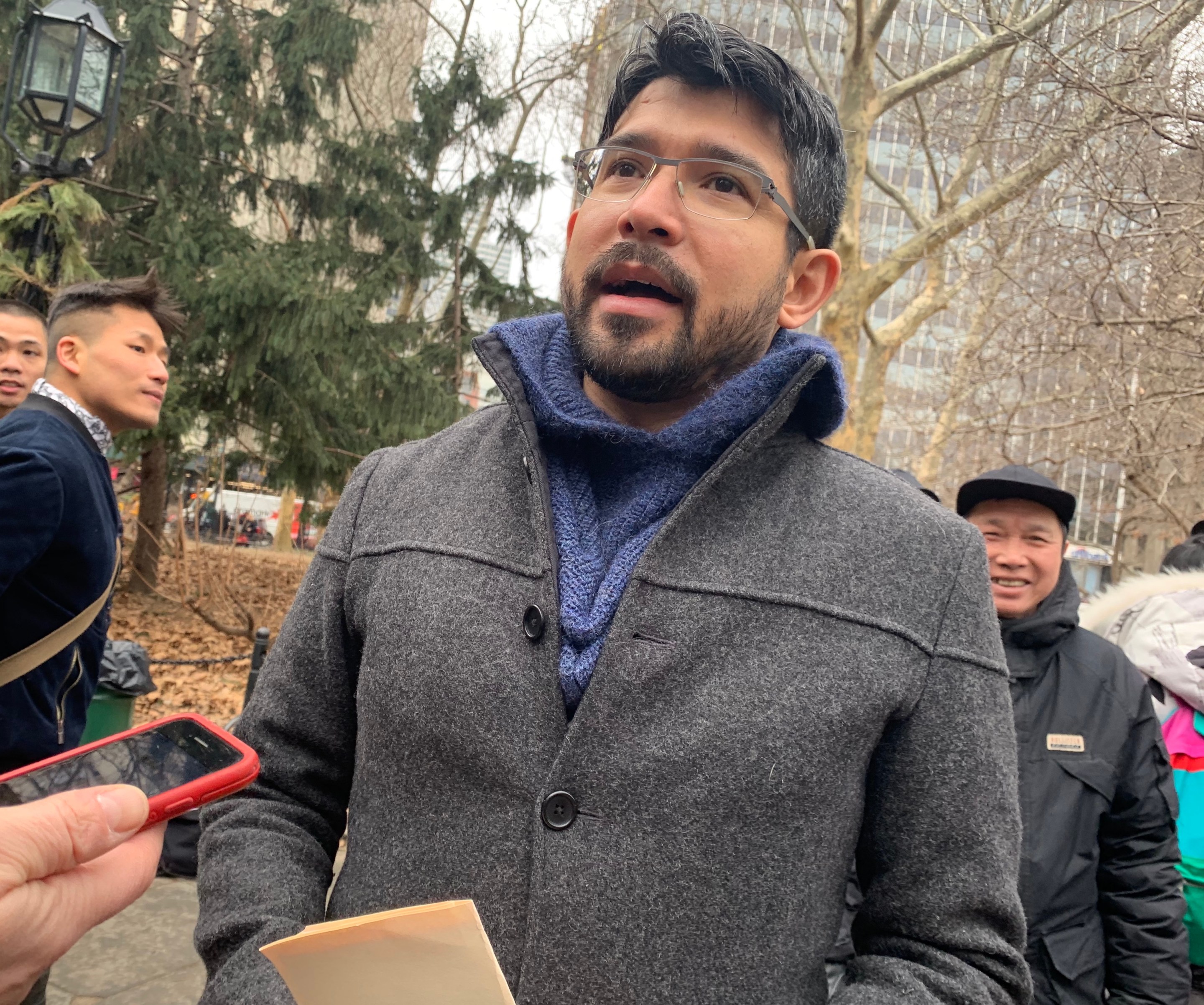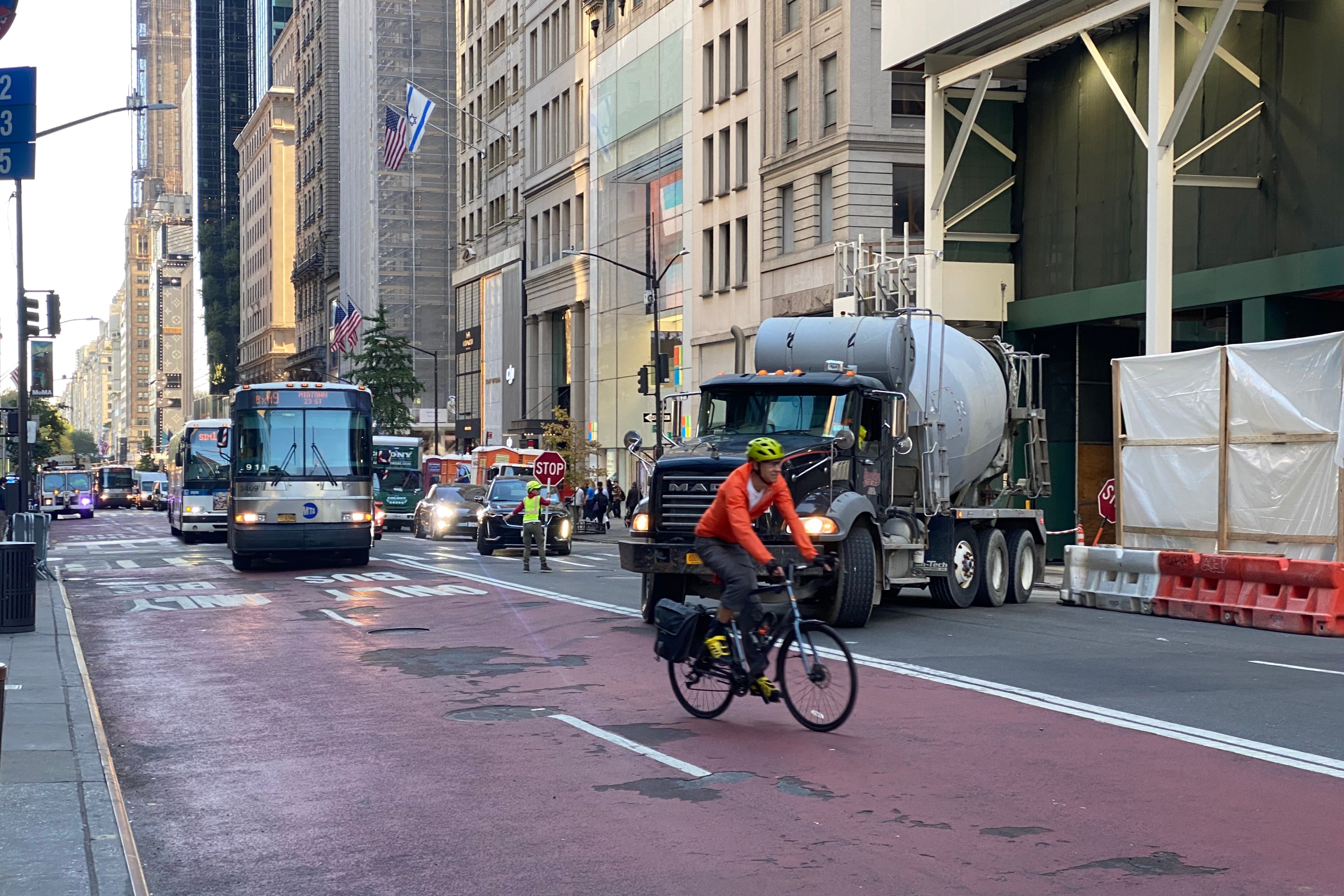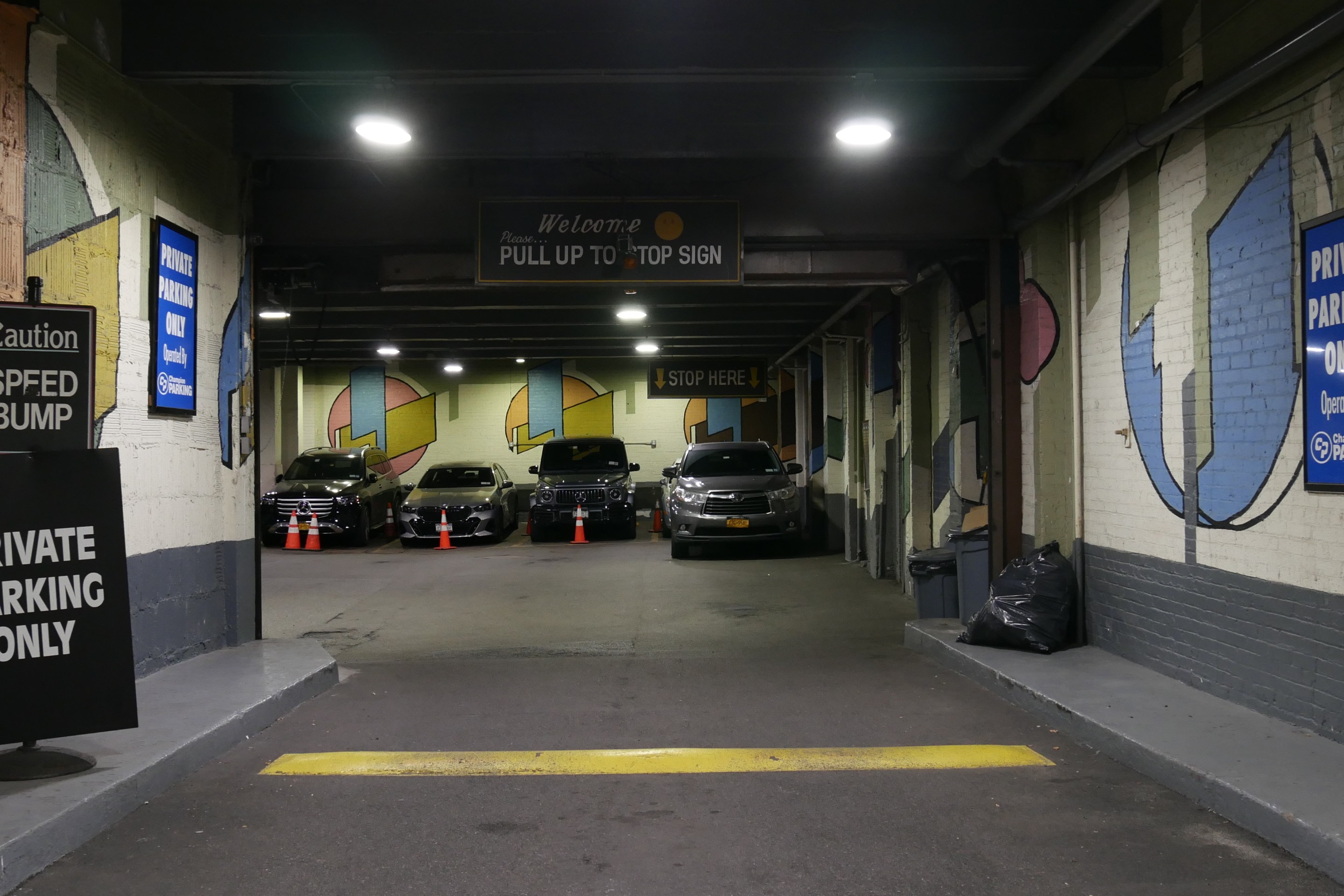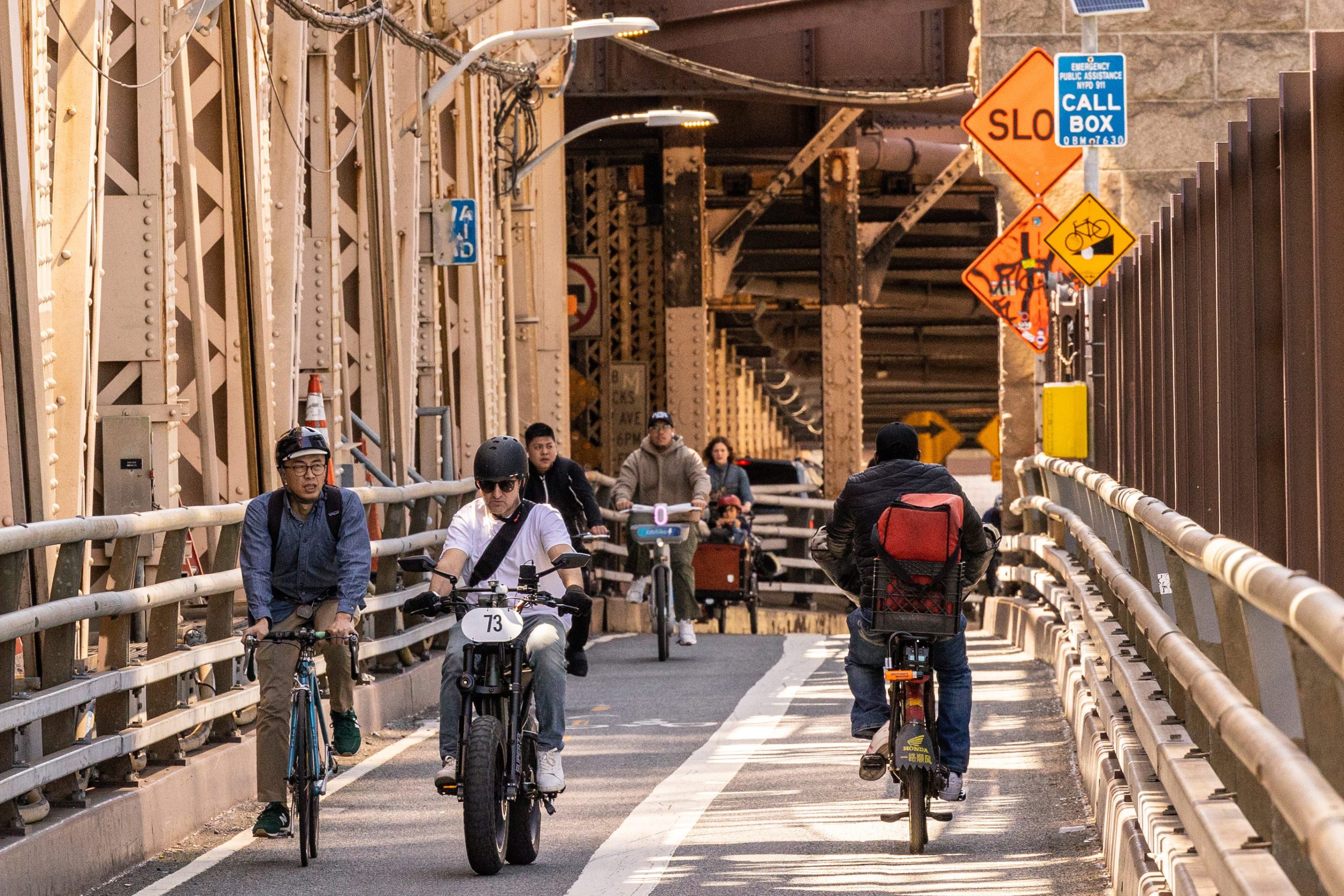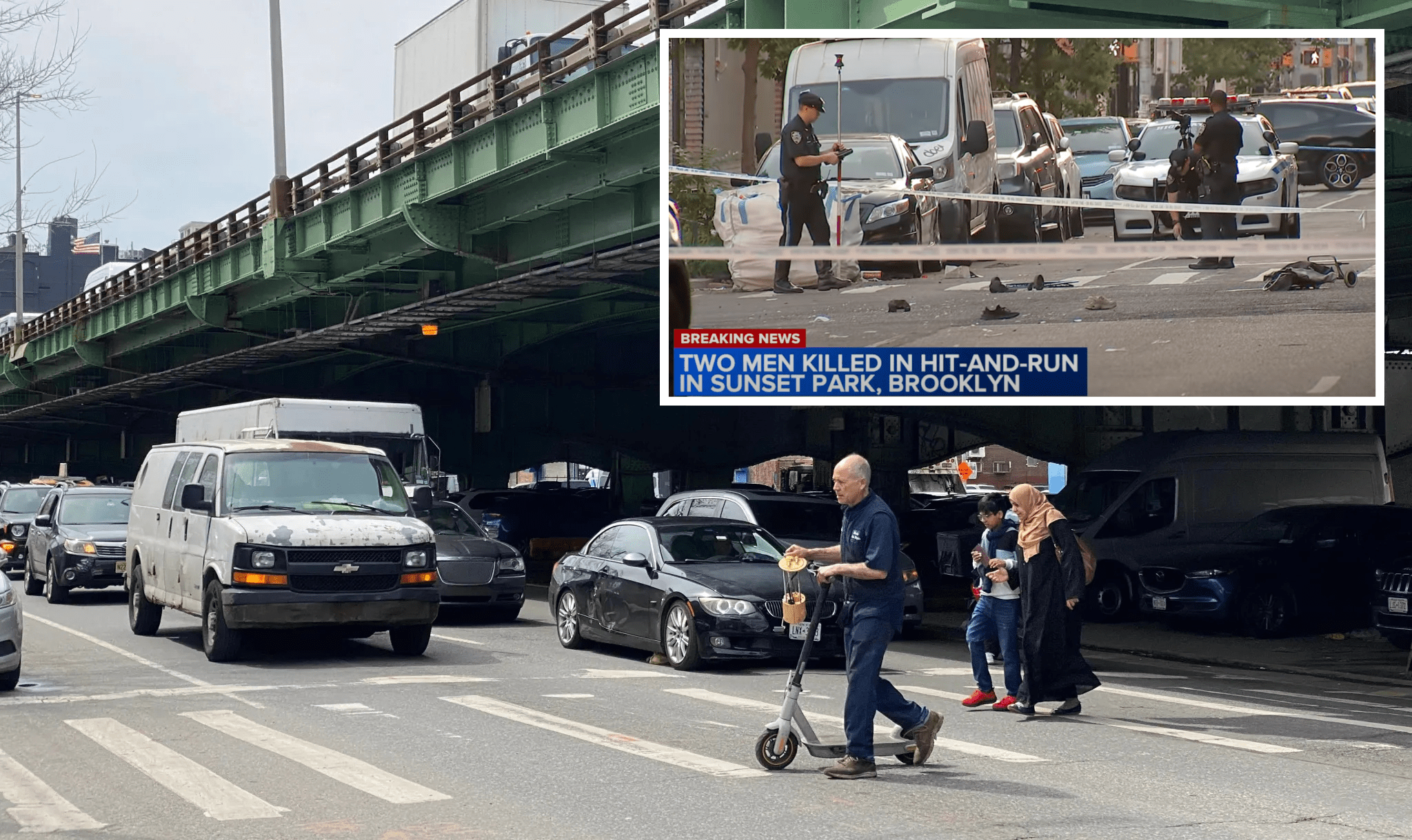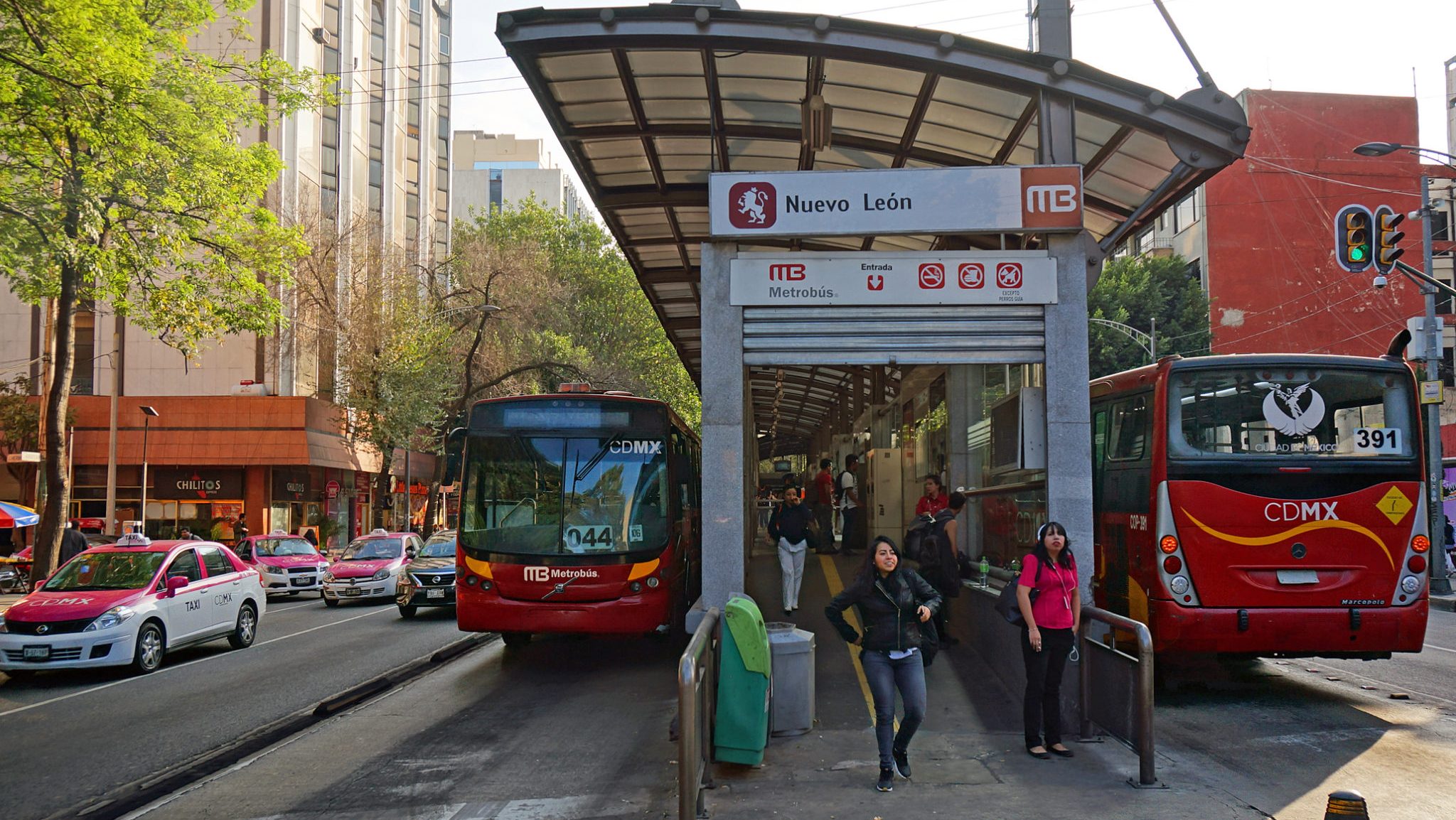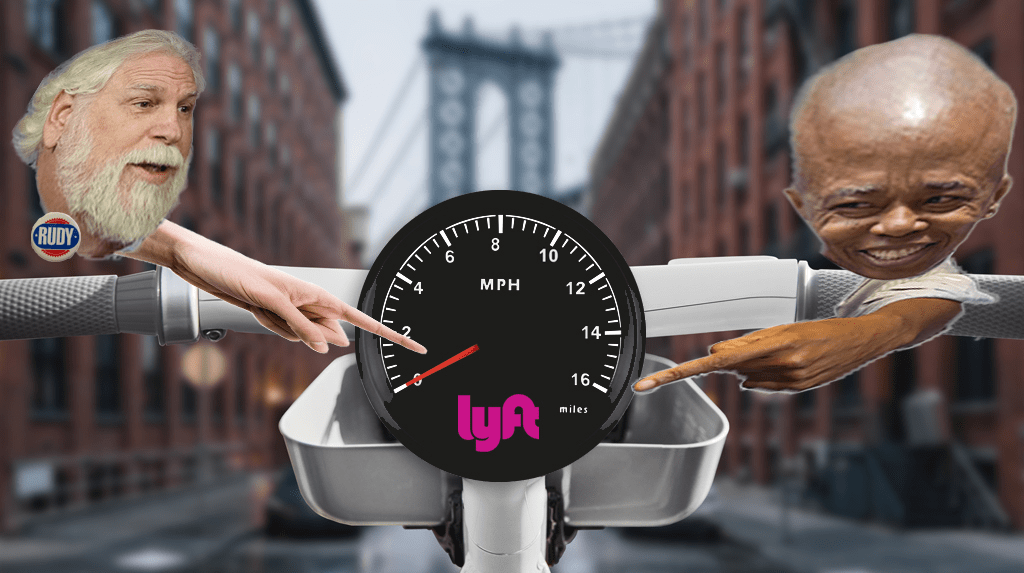The City Council is allowing itself to be distracted by the shiny (and possibly dangerous) object — e-scooters — rather than focusing solely on legalizing e-bikes so that delivery workers aren't continually targeted by police for doing their job, a Brooklyn council member said Wednesday.
Just before the City Council's transportation committee was about to take up six bills about e-scooters and e-bikes, Sunset Park Council Member Carlos Menchaca blasted his colleagues for not legalizing e-bikes first — and only later debate whether scooters are safe in the urban mobility environment.
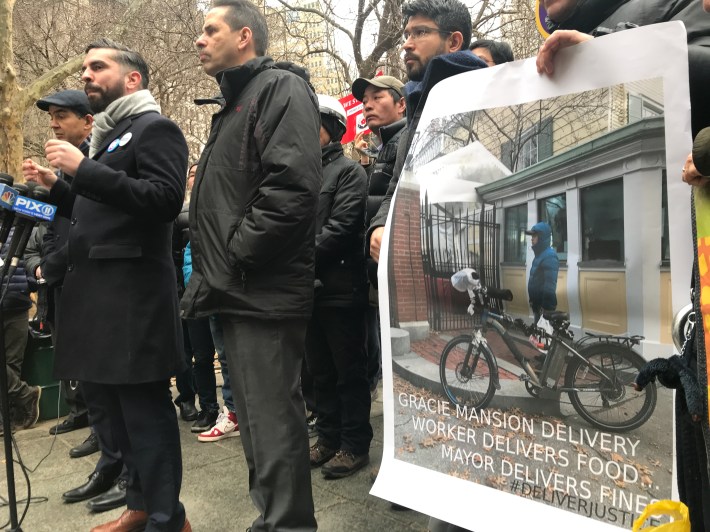
"I am frustrated that the important efforts of the delivery worker justice organizers is being co-opted by tech companies," Menchaca said, referring to such scooter firms as Bird and Lime, which are lobbying intensely to get their electric-powered short-trip devices legalized. Delivery worker advocates such as Make the Road New York and the Biking Public Project have been struggling for years to get the workers' struggles on the agenda.
Menchaca said he was frustrated by a bill that would create a city program to convert throttle-controlled e-bikes — which are favored by delivery workers because they help make many deliveries over wider terrain — into pedal-assist e-bikes, which are slower.
"It's saying if you use two wheels to deliver food, we will make it harder for you — but if you use two wheels and a smartphone to get to a coffee shop, we'll make it as easy as using the app," Menchaca said, standing next to his colleague, Rafael Espinal, who sponsored the bill in question.
"Advocates are still fighting to convince a recalcitrant city that bikes are a meaningful and proven alternative to driving cars," he added, surrounded by several delivery workers. "And with no proof at all, we're rolling out the red carpet for what are essentially toys."
(A spokesman emailed Streetsblog after the publication of this story to say that Menchaca is "enthusiastic about the conversion program. What frustrates him is the seeming double standard in how e-bikes vs. e-scooters have been scrutinized." The spokesman reiterated that Menchaca supports the conversion bill because it's the way to get "justice for the delivery workers.")
Over 1,000 delivery workers had their bikes confiscated by #NYPD in 2018. Reported at city council hearing. These workers work 70+ hours a week to make ends meet. We need to #deliverjustice and legalize #ebikes. @BikingPublic
— ren w. (@rwid) January 23, 2019
Menchaca said he believes there is not enough evidence that e-scooters — which have been deployed in many cities around the country — reduce the amount of driving. But Bird and Lime have constantly claimed that their devices do indeed reduce car use.
"Robust data is [sic] showing we may have finally found that elusive 'car replacement' that transportation planners have been searching for for years," Paul White of Bird would later testify to the Council, according to a written statement. "Almost half of all car trips are under three miles, and surveys and polls tell us riders are using our service to opt out of taking such short car trips. For example, over one-third of scooter riders recently surveyed in Portland stated they would have otherwise been taking cars, like Uber and Lyft, to get to their destination."
Phil Jones of Lime added that e-scooters are an important tool for making sure everyone has better transit.
"We believe that citywide access to dock-free bike and scooter options for all New Yorkers will significantly help improve the city’s transportation equity crisis," he said.
The company's own survey of its riders shows that 30 percent of its e-scooter users claimed they used the device instead of a car. And Portland's own DOT did a study that showed that scooter use caused large declines in personal car or taxi trips. Menchaca was unconvinced.
"We are waiting for cities to come back on safety," he told Streetsblog. "The anecdotal information suggests that these scooters don't take you out of cars or bikes, but take you out of walking. So are going to say, 'Hey, New Yorkers, stop walking. In fact, go on a scooter and go on a sidewalk and maybe cause safety concerns for your neighbors.'"
City DOT Commissioner Polly Trottenberg echoed Menchaca's concerns in her testimony on Wednesday.
There are only anecdotal reports about scooter safety — and the anecdotes aren't very promising. The federal Centers for Disease Control is preparing to study the health implications of scooter use in Austin, Texas, a widely anticipated report.
"I am here to make sure the voices of the workers don't get drowned out," Menchaca added. More than 1,200 delivery bikes — which can cost low-wage workers $1,800 — were confiscated by the NYPD last year. Do Lee of the Biking Public Project said it can take a worker 50 hours to make up enough money just to pay the city fine to get his bike back — and that's at the expense of making any money for food or rent.
"No matter how cold it is, we serve New Yorkers," said delivery worker Jinhua Li, who was on hand to testify about his experiences during the mayor's crackdown on e-bike riders. "We want to live and we want to eat."
City Department of Transportation Commissioner Polly Trottenberg testified that the city is against any e-scooter or e-legalization bill until the state legalizes the devices, which Gov. Cuomo has proposed.
